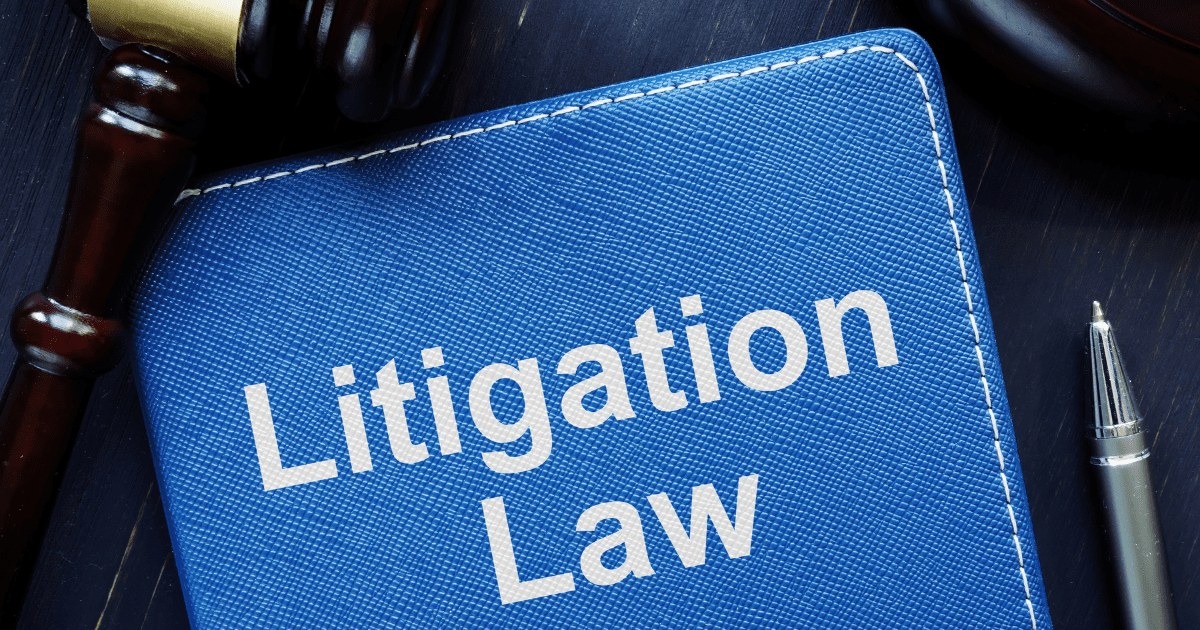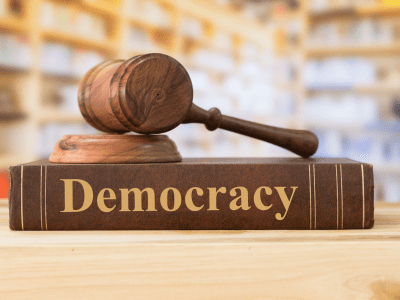We all know if a cop catches you, then “You have the right to remain silent. Anything you say can and will be held against you in a court of law….” The courts created the Miranda Rights “warning” in 1966 to help prevent police coercive and brutality interrogation techniques. However, the Supreme Court recently ruled that law enforcement couldn’t be sued if they failed to provide the suspects with their Miranda warnings. This ruling doesn’t strike down a person’s Miranda rights; however, it may make some law enforcement officers less likely to comply with suspects and provide the stated rights.
What does this American 1960s law change come from? A case from 2014 with an officer interrogation in Los Angelos, California. It was a sexual assault case with a written apology. This incident sparked so much interest because the officer failed to state the Miranda rights to the suspect and was then civilly sued under Section 1983, which allows individuals to sue state officials like law enforcement over the “deprivation” of constitutional rights and privileges.
At this point, law enforcement still must warn that the person would be losing their rights or, as the Supreme Court stated, “the right to remain silent and speak with an attorney before the interrogation has started.” Though the phrasing is altered, the meaning is the same. Before you are arrested, you have the right to know your rights first.


















